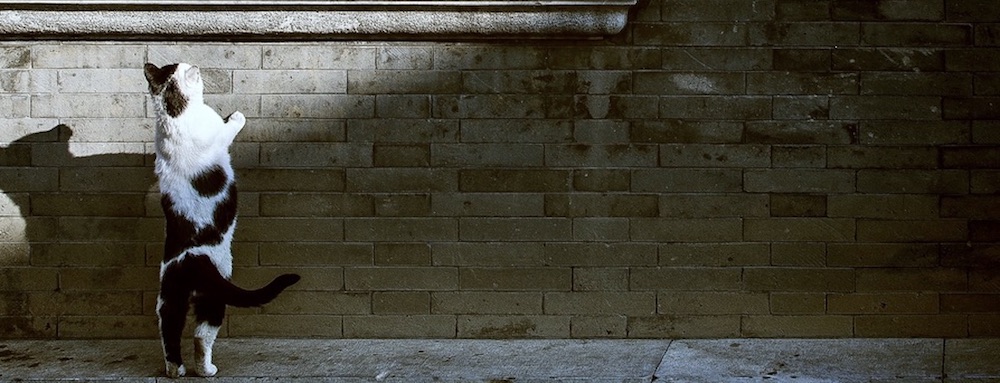
Curiosity is a natural human trait that’s present from birth. Babies and toddlers constantly explore their surroundings, touching, tasting, and smelling everything they can get their hands on. As we get older though, we often lose that sense of fascination and wonder and settle instead for the comfort and safety of what we know. In this post, we’ll look at the importance of staying curious and how it can positively impact our later years.
The Benefits of Being Curious
Being curious can affect our lives in many positive ways. For instance:
Intellectual Benefits
Curiosity is the foundation of learning. When we are curious, we are motivated to seek out information and learn more. This can lead to:
- Improved problem-solving skills: When we’re curious, we’re more likely to explore multiple solutions to a problem, which can lead to more effective problem-solving skills.
- Increased creativity: Curiosity can spark creativity and lead to innovative ideas.
- Expanded knowledge: Curiosity drives us to seek out new information, which expands our knowledge and understanding.
- Helps prevents dementia: This is the idea of ‘use it or lose it’. Research has shown that the more you regularly challenge your brain the less likely you are to experience cognitive impairment or dementia in your later years.
Emotional Benefits
Being curious can also have emotional benefits that can improve our overall well-being. These include:
- Reduced anxiety: When we are curious, we are often focused on exploring and learning. This can help reduce feelings of anxiety and stress.
- Increased happiness: Curiosity can lead to new experiences and adventures, which can increase feelings of happiness and fulfillment.
Social Benefits
Curiosity can also have a positive impact on our social lives.
- Improved communication: When we are curious, we are more likely to ask questions and seek to understand others. This can lead to better communication and more effective collaboration.
- Increased empathy: Curiosity can help us better understand and empathise with others, leading to more compassionate and understanding relationships.
- Greater appreciation for diversity: Curiosity can help us appreciate the diversity of people and cultures outside our own. This encourages a more inclusive and accepting society.
How to Cultivate Curiosity
Here are some ways to develop and maintain curiosity.
Ask Questions
Questioning is a powerful tool for cultivating curiosity. It helps us to seek information, clarify our understanding, and challenge our assumptions. When you ask questions, you open up new avenues for exploration and learning. Start by asking open-ended questions that encourage discussion and exploration. Avoid asking closed-ended questions that only require a yes or no answer. Asking questions such as “What if?” or “How might we?” can help stimulate curiosity and creativity. Google is a brilliant tool, use it.
Explore New Ideas
Exploring new ideas is another way to cultivate curiosity. It involves seeking out new perspectives, experiences, and approaches. To explore new ideas, you need to be open-minded and willing to challenge your beliefs. You can read books and articles, attend lectures and conferences, or engage in conversations with people from different backgrounds. Exploring new ideas helps us to expand our knowledge, gain new insights, and develop new skills.
Trying New Things
Trying new things is a critical aspect of cultivating curiosity. It involves stepping out of our comfort zone and taking risks. Trying new things can be as simple as trying a new food or taking a different route to a regular destination. It can also involve taking on new challenges, such as learning a new language or trying a new hobby. Trying new things helps individuals to gain confidence, learn new skills, and discover new passions. What new thing will you try today?
Read Widely
Whether you prefer fiction or non-fiction, reading exposes you to new ideas and perspectives. It can also help to keep your mind active and engaged. Make a point of reading widely and include books on topics you may not be familiar with. Here is a favorite quote of mine from John Adams:
“How can any man judge unless his mind has been opened and enlarged by reading?”
Conclusion
As we get older it’s very easy to get set in our ways and stop growing. It’s so easy to stick with what we know, to engage only with ideas and people who are a reflection of us. To not challenge or be challenged. Instead, by actively trying to stay curious, we can reinvigorate childhood feelings of wonders and excitement and live a more engaged and rewarding life.
Have you tried something new that you would like to share? If so I’d love to hear about it in the comments below.
Thank you for reading.
Sian.
You might also like…



Leave a Reply